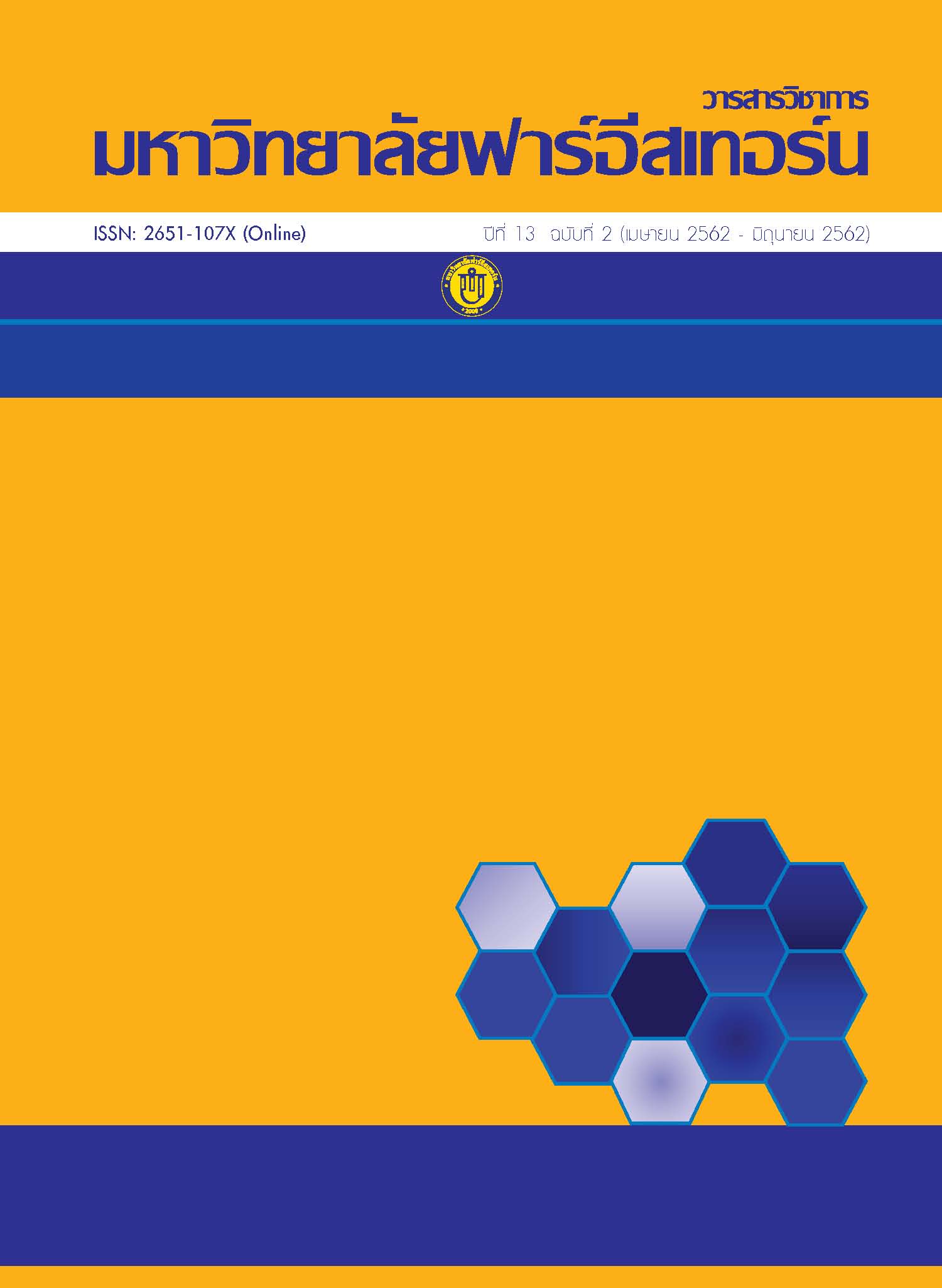Promoting Positive Discipline for Preschoolers at Homes and Schools
Main Article Content
Abstract
When developing their language and communication skills, preschoolers learn through their senses (touch, taste, smell, hearing, and sight) and through play. Play is crucial to the overall development of preschoolers’ emotional, intellectual, social, and motor skills for this age group. Dealing with misbehavior in preschoolers both at home and at school are common in concept but differ in setting and roles. This paper sought to provide readers an understanding of preschoolers’ development in all aspects, as well as to show parents and teachers an effective approach to deal with children in healthy and enjoyable ways. The most effective approach, which this paper focuses on, is known as Positive Discipline (PD) inspired by the writing of Dr.Jane Nelsen. PD utilizes non-violent, consistent, and firm guidance from adults which is positive and respectful of the children. It is the job of parents and teachers to give children positive alternatives and to acknowledge and/or reward efforts and good behaviors. In addition, adult leadership, guidance, love, and the cooperation between home and school are important for preschoolers. PD affects children positively in the long term, helping them become more responsible, self-confident, independent, and life-long problem solvers. It also helps them develop self-discipline and positive capabilities and attitudes. These characteristics lead them to become well-behaved and successful adults in the future.
Article Details
1. Any views and comments in the Journal of Social Innovation and Lifelong Learning are the authors’ views. The editorial staff have not to agree with those views and it is not considered as the editorial’s responsibility.
2. The responsibility of content and draft check of each article belongs to each author. In case, there is any lawsuit about copyright infringement. It is considered as the authors’ sole responsibility.
3. The article copyright belonging to the authors and The Far Eastern University are copyrighted legally. Republication must be received direct permission from the authors and The Far Eastern University in written form.
References
Chew, A.L. (1998). A Primer on Adlerian Psychology, Behavior Management Techniques for Young Children, USA: Humanics Trade Publications.
Chopra, D. (1997). The Seven Spiritual Laws for Parents Guiding Your Children to Success and Fulfillment, New York: Three Rivers Press.
Marlowe, E. (2010). Positive Classroom Discipline. Religious Educator. 11, 2(2010): 121-138.
Nelsen, J. (2006). Positive Discipline. New York: Ballantine Books.
UNESCO. (2006). Positive Discipline in the inclusive, learning-friendly classroom: a guide for teachers and teacher educators. Bangkok, Thailand: UNESCO Asia and Pacific Regional Bureau for Education.

